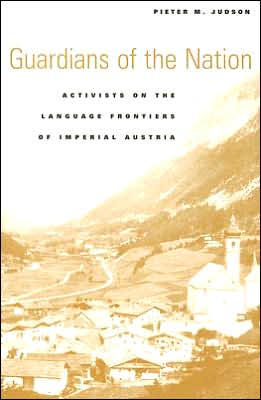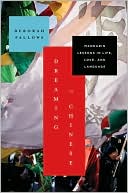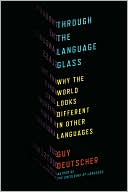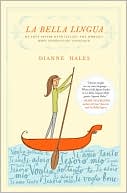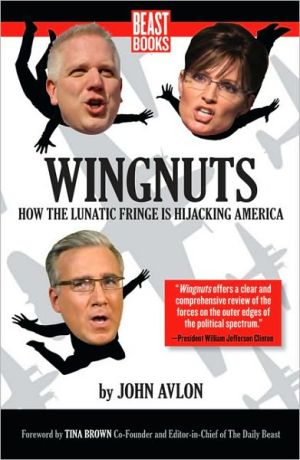Guardians of the Nation: Activists on the Language Frontiers of Imperial Austria
In the decades leading up to World War I, nationalist activists in imperial Austria labored to transform linguistically mixed rural regions into politically charged language frontiers. They hoped to remake local populations into polarized peoples and their villages into focal points of the political conflict that dominated the Habsburg Empire. But they often found bilingual inhabitants accustomed to cultural mixing who were stubbornly indifferent to identifying with only one group.\ Using...
Search in google:
In the decades leading up to World War I, nationalist activists in imperial Austria labored to transform linguistically mixed rural regions into politically charged language frontiers. They hoped to remake local populations into polarized peoples and their villages into focal points of the political conflict that dominated the Habsburg Empire. But they often found bilingual inhabitants accustomed to cultural mixing who were stubbornly indifferent to identifying with only one group.Using examples from several regions, including Bohemia and Styria, Pieter Judson traces the struggle to consolidate the loyalty of local populations for nationalist causes. Whether German, Czech, Italian, or Slovene, the nationalists faced similar and unexpected difficulties in their struggle to make nationalism relevant to local concerns and to bind people permanently to one side. Judson examines the various strategies of the nationalist activists, from the founding of minority language schools to the importation of colonists from other regions, from projects to modernize rural economies to the creation of a tourism industry. By 1914, they succeeded in projecting a public perception of nationalist frontiers, but largely failed to nationalize the populations.Guardians of the Nation offers a provocative challenge to standard accounts of the march of nationalism in modern Europe. Istvan Deak - International History Review Nationalists within the [Austrian] empire did their best to upset and even to destroy the long established cohabitation of diverse groups in such regions where people spoke two or more languages. Judson proves that the undoing of mutual tolerance was not the fault of the locals, who must be regarded more as victims than as perpetrators, but that of outsiders from urban areas who considered the conquest of every schoolhouse, city hall, and farm a major victory for their ‘nationality’. For the nationalists, it was a life-and-death struggle between ‘us’ and ‘them’, between Czechs and Germans, Slovenes and Germans, as well as Italians and Germans...Well equipped in terms of theoretical knowledge and familiarity with the historical literature which reflects assiduous archival research and a fine writing style, Judson has created a first-class study in nationalism.
PrefaceNote on Language UseMaps1. Introduction2. Constructing an Imagined Frontier: Schoolhouse Fortresses3. Encounters on the Rural Language Frontier4. Reluctant Colonists on the Frontier: The Südmark Settlers5. Tourists to the Frontier: Consumption and National Identity6. Violence in the Frontier Village7. Language Frontier and Nation StateAbbreviationsNotesIndex
\ ChoiceJudson's sophisticated analysis offers a significant modernist contribution to the debate over the historical depth of national consciousness among Europe's peasantry.\ — P. G. Wallace\ \ \ \ \ \ International History ReviewNationalists within the [Austrian] empire did their best to upset and even to destroy the long established cohabitation of diverse groups in such regions where people spoke two or more languages. Judson proves that the undoing of mutual tolerance was not the fault of the locals, who must be regarded more as victims than as perpetrators, but that of outsiders from urban areas who considered the conquest of every schoolhouse, city hall, and farm a major victory for their ‘nationality’. For the nationalists, it was a life-and-death struggle between ‘us’ and ‘them’, between Czechs and Germans, Slovenes and Germans, as well as Italians and Germans...Well equipped in terms of theoretical knowledge and familiarity with the historical literature which reflects assiduous archival research and a fine writing style, Judson has created a first-class study in nationalism.\ — Istvan Deak\ \ \
